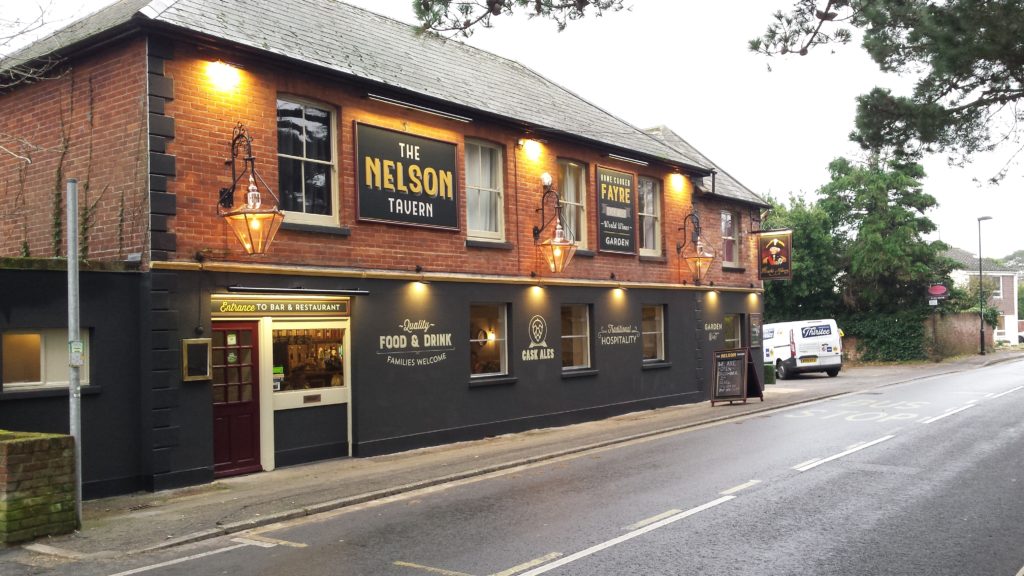SPONSORED POST
We all want vibrant pubs to play a key role in their community. There are a range of models of pub ownership to suit communities across Britain. A pub sector with a diverse range of ownership and entry models can mean a thriving market for all.
Just over a third of Britain’s 50,000 pubs operate a lease or tenancy agreement. With a supply agreement, their tenancy or lease obliges them to purchase beer and possibly a range of other goods and services from their pub operator, in return for lower rents and entry costs.
In addition to this, each year pub companies invest hundreds of millions of pounds into their pub estates. This means hundreds of pubs benefiting from external redecorations, new kitchens, improved gardens and toilet facilities – every single year. Without this investment, many pubs would not be viable businesses.
The rest of the market is comprised of managed pubs (where the licensee manages the property as an employee of a pub company or brewer) and freehouses (where the licensee is solely responsible for maintenance and capital investment in the pub). There is space in the market for all of the different ownership models to thrive.
Licensees need to weigh up their options, but a partnership model can benefit both sides by balancing the opportunities and trade-offs. Licensees for partnership pubs benefit from a low cost of entry, investment from their pub company partner and deals on WiFi and TV subscriptions, as well as considerable support with marketing and events, training and professional development. They must trade this off against the requirement to purchase beer and other services from their pub company.
The video below tells the story of three licensees who chose to partner with a pub company.
The video below summarises how the partnership pub model works.





More from LabourList
‘After years of cuts, Labour’s local government settlement begins to put things right’
‘The Sherriff of Wild Westminster: what must change in elections bill’
‘The hope that kills you’: Reflections from the final day in Gorton and Denton